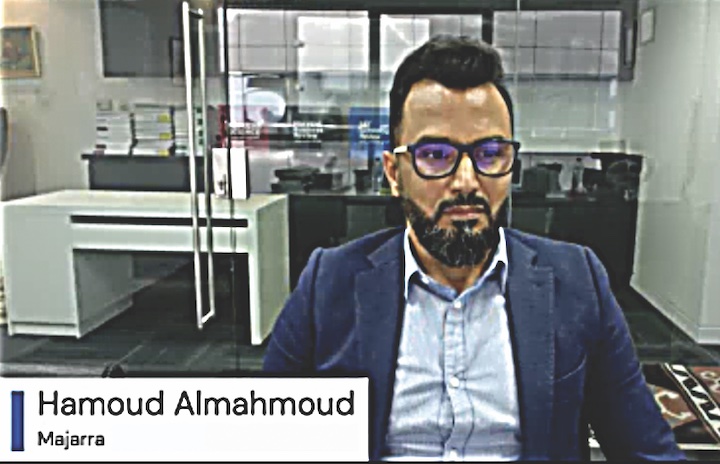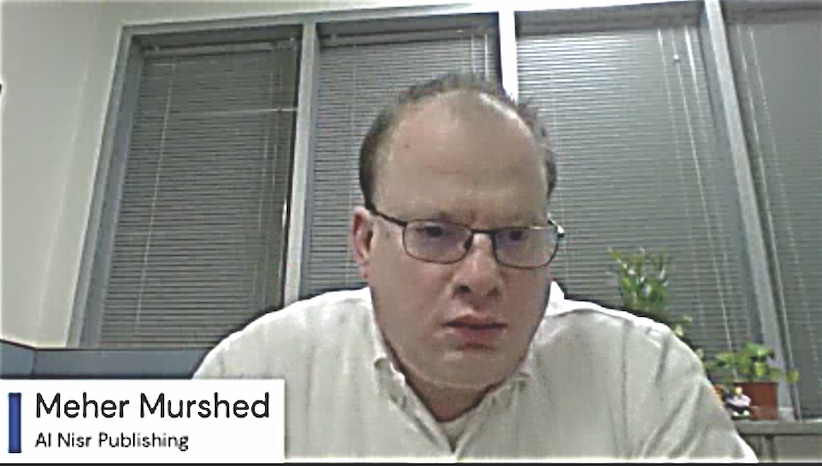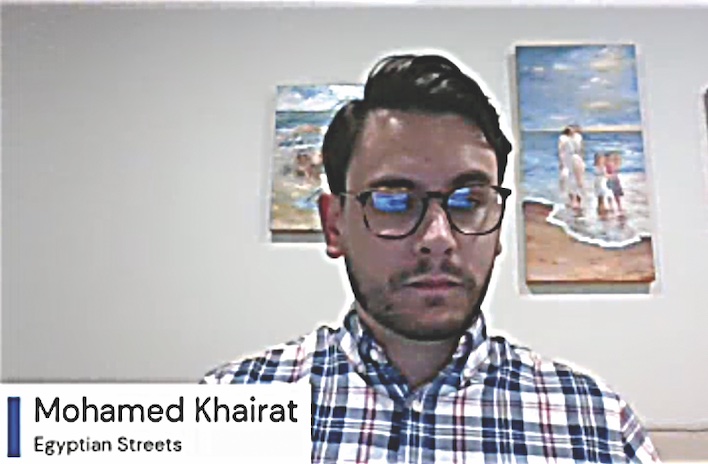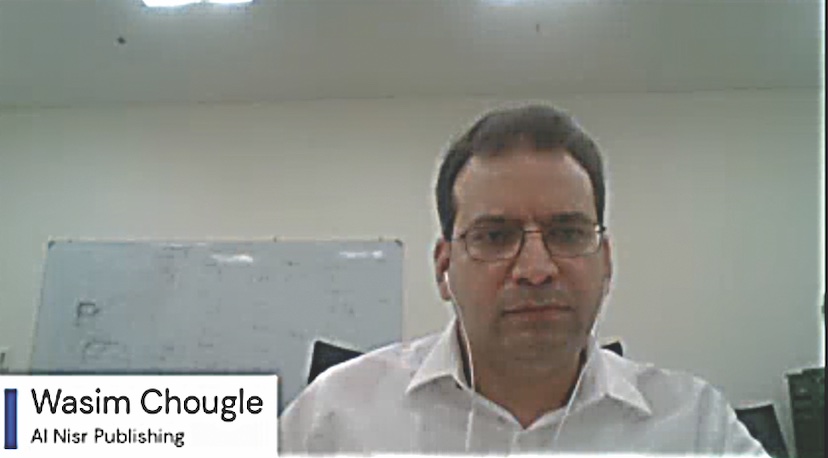DUBAI: The vexed question of which form of digital business model to adopt for the Middle East and North Africa region was under discussion at a major media conference here, with participants supporting subscriptions and pay walls for their content rather than free access.
However, startups have had a harder time attracting subscriptions because of their lack of loyal users, it was revealed during a panel discussion titled “Leading digital transformation in the Middle East — What’s next?” This was on the third day of the Middle Eastern Media Leaders e-Summit 2022 on Thursday.

According to Hamoud Almahmoud, chief content officer at Majarra, subscriptions were first considered about 15 years ago, with the technology giants making the move to this model.
“It was (the case) for Europe and the United States, which were the early adopters of this subscription business model, because they have a different environment, they’re more liberal markets, and they don’t have any subsidies or funding for media.”
He described the region as making a lot of “noise” about the subscription-based business model because a lot of funds are directed towards the media from governments, private individuals, and non-profits.
“It isn’t all negative, but it’s very difficult in our region,” he added.
Majarra was one of the early adopters of subscriptions in the region, after it began exploring the concept in 2011. “We knew it was the future,” Almahmoud said. “Valuable content is valuable, and people will pay for it.”

With advertising shrinking as a source of revenue, he described such a model as an absolute necessity, with the organization having identified it at the right time. Almahmoud said many media outlets will not make the shift until they get burnt.
“Now, we have a lot of conversations with media trying to enter this field and they’re asking questions we asked and answered not less than five or six years ago,” he added.
“We’re happy to be joined by other media because together we can create this momentum and benchmark — we need the subscription business model to be part of people’s mindsets and monthly bills. Good quality content is worth it.”
Almahmoud said the company segmented content and people, and noticed a large amount of “fly-by” or irregular users, while there was other less but more regular users.
Those 20 to 30 percent of users were identified as loyal consumers and considered Majarra’s core audience, which the team focused on so that they could understand and provide them special treatment, including monetizing interactions, he said.
For Meher Murshed, executive editor at Al-Nisr Publishing, his company made the cardinal mistake in the past of offering their digital information for free. “We committed as a community, as an industry, and there was a cost back then,” he explained. “From that perspective, it was a long time coming.”

He said the media world has changed and companies were left with little option but to adopt a subscription-based model, especially because advertising revenues had dwindled, with print not generating the income it had previously.
As a result, Gulf News took the strategic decision about five years ago to begin studying its audience in detail. “We knew exactly back then what we were getting into, and we started the registration process back in 2020 to see what the propensity was and that boosted us even more,” Murshed said. “We realize we have a loyal audience and that’s translated into digital as well.”
The company launched its paywall in 2021, in what Murshed described as a logical step based on what it had learnt from its audience’s needs. “It was very calculated,” he added. “Our team is the most important thing and we’re very proud of where we are today.”
Younger media outlets, however, have not had the smoothest of sailing. Mohamed Khairat, founder of Egyptian Streets, said that many media startups are not well known and struggle to attract subscribers.
 He said that Facebook in the US last year introduced a subscription newsletter for high-profile personalities to make available for their fans, but this sort of product was not possible for those without the giant tech company’s profile and “reputation.” For companies in their infancy, there was a greater reliance on various “forms of advertising and social media ads.”
He said that Facebook in the US last year introduced a subscription newsletter for high-profile personalities to make available for their fans, but this sort of product was not possible for those without the giant tech company’s profile and “reputation.” For companies in their infancy, there was a greater reliance on various “forms of advertising and social media ads.”
Over time, however, that has not been sustainable. Khairat said that for those operating in the Middle East, the value of a reader from Egypt is a lot lower than one from the US, despite the fact that the operating cost is the same.
“So naturally, media startups in the Middle East are particularly disadvantaged,” he noted. “That makes us need to explore new ways of revenue sourcing.”
Although digital subscriptions are seemingly an efficient way of distinguishing between fly-by-night users and those who are loyal to your brand, allowing them to contribute to your growth and make them feel like they are part of your community, this was easier said than done, said Khairat.
Although Egyptian Streets has not introduced any form of digital subscription yet, it is currently looking at doing so gradually. “It’s still difficult from my perspective as a younger media organization to rely solely on digital subscriptions,” he said.
“I would prefer to see greater integration of social media — news publishers are essential to social media publications, yet they don’t get rewarded enough by them.”
He believes the future is not the traditional digital subscription model, but one that can effectively merge with social media.

For Wasim Chougle, head of digital products at Al-Nisr Publishing, users come first for media outlets and it was crucial to ensure the experience was seamless and users understand why they want to pay. “We defined what a user gets out of it,” he explained. “We receive a lot of feedback from our users, and we keep on evolving and optimizing the journey, and ensuring we provide a good user experience.”
In that context, data plays a vital role, as it becomes necessary to determine how users behave on the organization’s website.
“You need to make sure the person using the website is engaged with the content and from that engagement, you need to create a habit and make sure he returns,” he added.

















